13 “Healthy” Spices That Secretly Sabotage Your Anti-Inflammation Diet
If you’ve ever sprinkled turmeric on your eggs or sipped cinnamon tea to soothe a sore joint, you’re in great company. Spices have a dazzling reputation for fighting inflammation, making them beloved staples in anti-inflammatory diets everywhere. But beneath all the wellness headlines, there’s another truth: Not every “healthy” spice works the same way for every body—or in every dose. Some can do more harm than good, especially if you’re reaching for supplements or dealing with a health condition that makes you extra sensitive. This isn’t a reason to swear off your spice rack. Instead, it’s a gentle invitation to learn which flavors could quietly disrupt your journey toward feeling your best. Most of us trust that “natural” always means “safe.” That’s only true in moderation, and only if our own health needs are in the mix. Research and real-life experience show that even time-honored ingredients like turmeric, cinnamon, or ginger can cause surprise side effects—anything from medication mishaps to unexpected inflammation. If you’re committed to supporting your body’s healing, knowledge is power. Let’s look at 13 popular spices that may secretly sabotage an anti-inflammation diet, their hidden drawbacks, and how you can continue to season with confidence that suits your unique journey.
1. Turmeric & Curcumin: Hidden Liver Risk
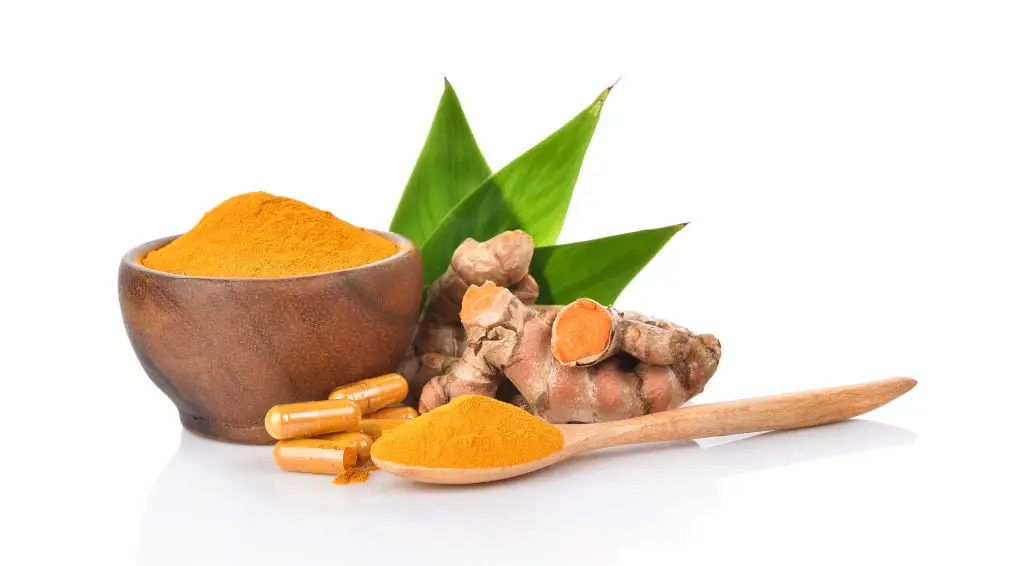
Turmeric is the golden superstar of anti-inflammatory diets, celebrated everywhere for its soothing powers. Yet what many people don’t realize is that the magic lies in the details—and the dose. In small amounts as a cooking spice, turmeric brings color and subtle flavor to curries and stews, generally without issue. However, curcumin, the active compound, becomes much more concentrated in supplement form. Medical experts have raised alarms about the risk of serious liver toxicity from turmeric or curcumin supplements, especially in high quantities or when taken over long periods. Recent studies reveal that roughly 15 million Americans use botanical supplements linked to liver strain every month. Doctors have even documented hospitalizations and, in rare cases, liver transplants tied to high-dose turmeric. “Natural” doesn’t always translate to “harmless,” particularly when it’s a powder in a capsule. Enjoy turmeric in meals for flavor and gentle benefits, but always talk with your healthcare provider before considering boosted doses in pills or extracts—especially if you have liver concerns or take other medications.
2. Cinnamon: When “Natural” Becomes Toxic

Few spices deliver the comforting aroma of cinnamon, but there’s a twist hiding in your jar. Most commercial cinnamon is “cassia” type, which contains higher levels of a compound called coumarin. In large amounts or concentrated supplement form, coumarin can become toxic to your liver. The warm sprinkle on toast or oatmeal is generally safe. Problems begin when people turn to cinnamon capsules or extracts, thinking more is better for blood sugar or inflammation. Medical research warns against exceeding culinary doses. Supplements and “challenge” regimens promoted online can cross a line into risky territory, particularly for those with liver or blood-clotting concerns. If you rely on cinnamon for its anti-inflammatory reputation, stick to moderate flavors in food. And always check with your doctor before adding any cinnamon supplement—especially if you use other medications or have underlying liver issues.
3. Ginger: Blood Thinners and Surprise Side Effects
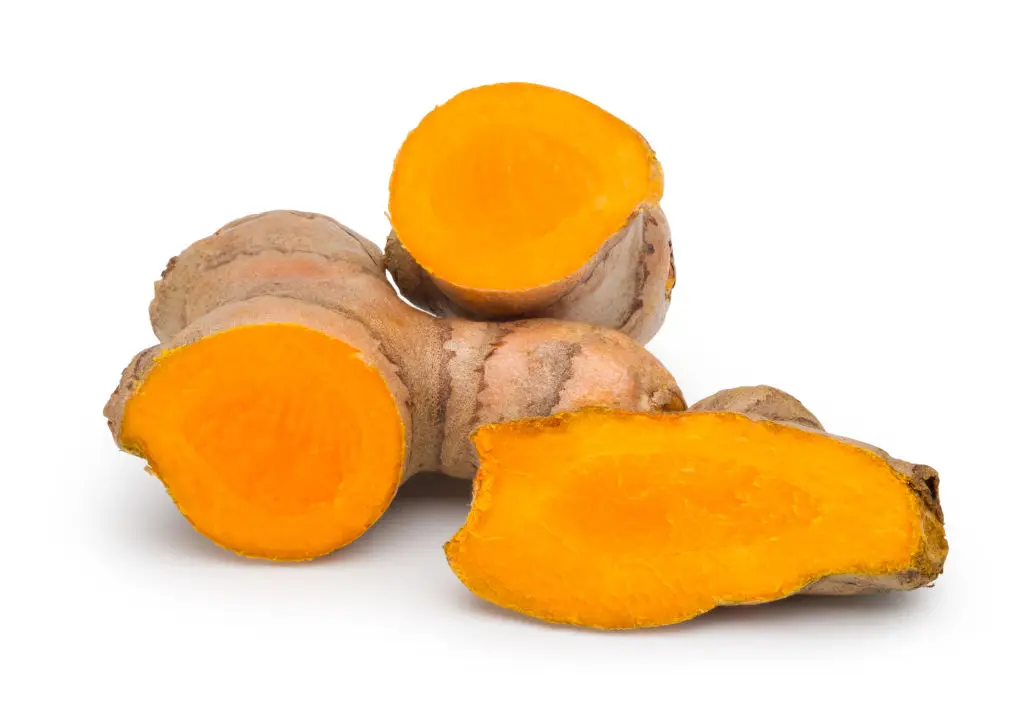
Ginger’s zing lights up everything from stir-fries to wellness shots, and it’s well-known for soothing nausea and supporting circulation. But a little awareness can go a long way for a spice as potent as this one. Ginger acts as a natural blood thinner, which means it can become risky—especially for those taking prescription anticoagulant drugs or with bleeding disorders. Supplements or highly concentrated ginger teas multiply these effects, sometimes causing bruising, dizziness, or upset stomach. Some people may even notice new digestive distress when drinking or eating larger amounts than usual. Before adding ginger capsules or supercharging your smoothies, talk with your health care provider if you’re on medication, manage bleeding risk, or find ginger irritates your stomach. Staying mindful of your personal limits will keep this spice working for—not against—you.
4. Black Pepper: Double-Edged Absorption
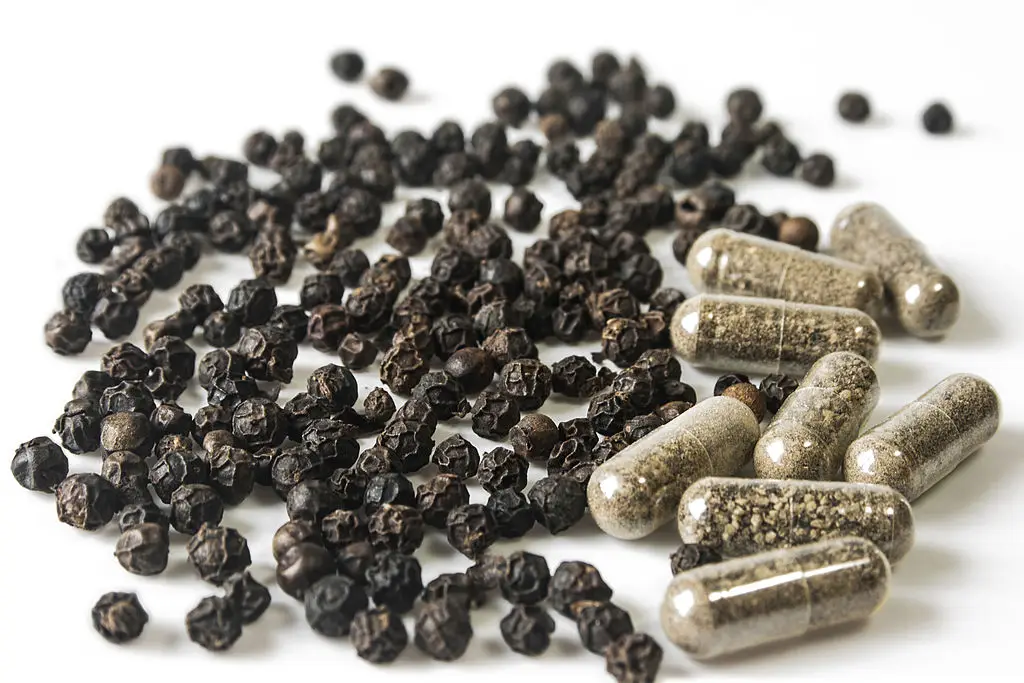
A dash of black pepper wakes up almost any savory dish and is celebrated for helping our bodies absorb plant-based compounds like curcumin. But pepper’s power comes from piperine, a molecule that doesn’t always play nicely with everything else in your system. Supplements containing piperine or high doses of pepper can increase the absorption not just of nutrients, but also prescription medications, leading to potential side effects or unexpected drug interactions. Too much piperine may boost levels of drugs for blood pressure, cholesterol, or mood, sometimes crossing the line into unsafe territory. For those using multiple medications—or who react strongly to certain foods—it pays to keep portions moderate. Use black pepper for zing at the table, and approach supplements only with your healthcare professional’s guidance.
5. Garlic: Potent, But Not Always Friendly
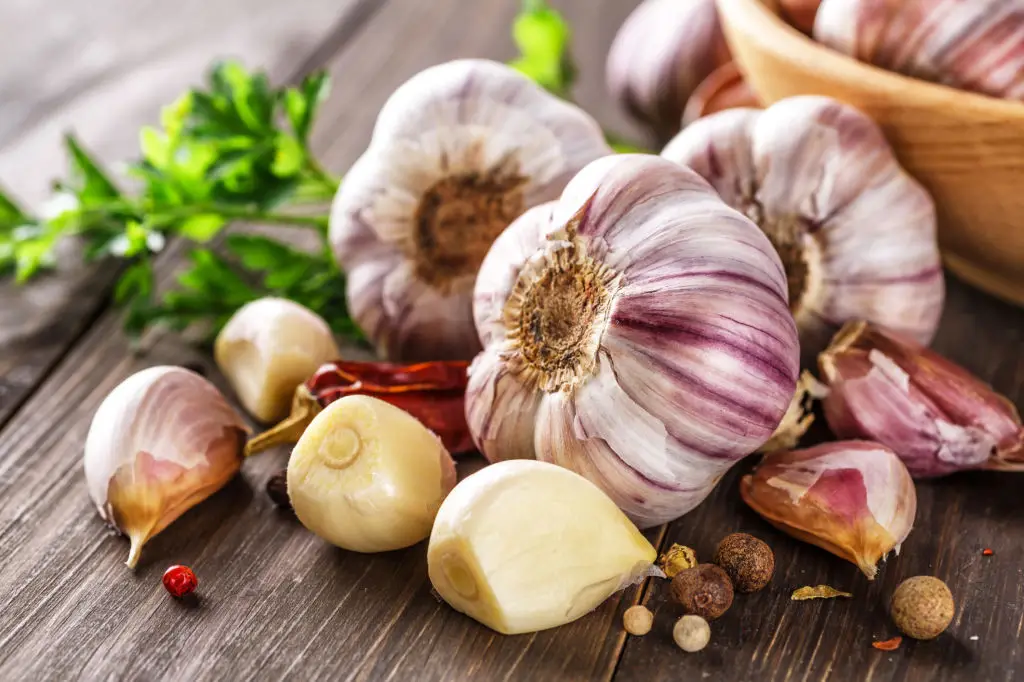
Garlic is celebrated in heart-healthy cooking and cherished for its bold flavor. Many also turn to garlic pills for extra “superfood” insurance. Yet, those supplements and even large amounts in cooking can lead to uninvited trouble for some. Garlic interacts with several medications, especially blood thinners and diabetes treatments, potentially amplifying effects and increasing the risk of bleeding or blood sugar drops. Even without medication, garlic can be tough on the digestive system for people with sensitive stomachs or gut conditions. If you’ve noticed extra heartburn or discomfort after your meals, garlic may be a hidden culprit. Savor garlic’s benefits in balanced portions and check in with your care team before adding supplements, particularly if you’re managing medications or chronic health conditions.
6. Clove: Careful with Concentrates
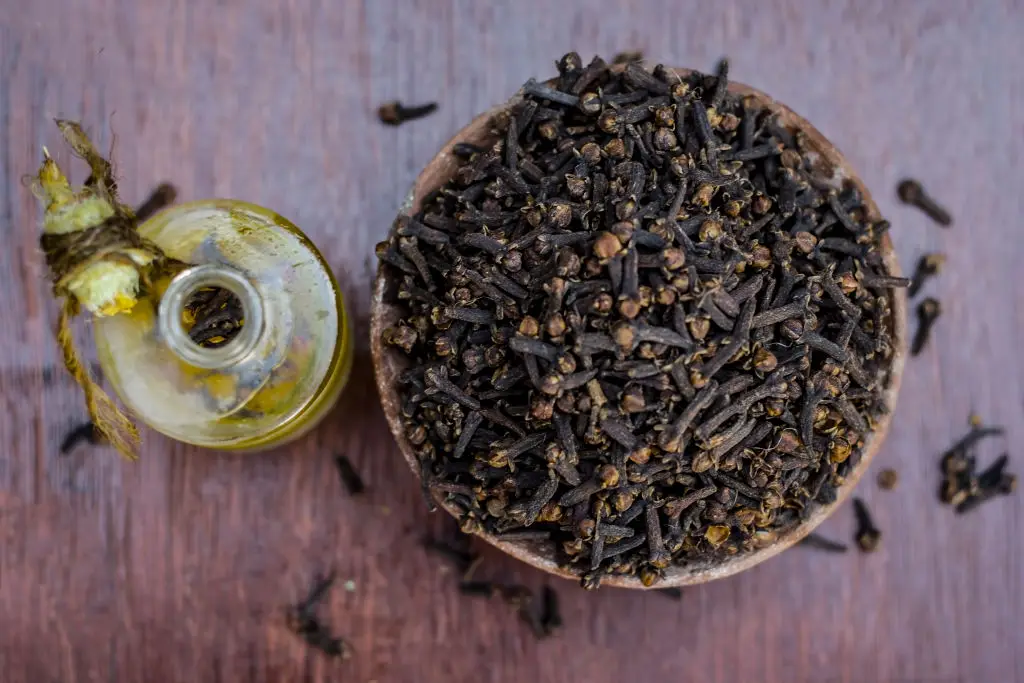
Clove brings cozy warmth to fall recipes and is admired for its numbing, antimicrobial effects, especially in traditional remedies. But the same eugenol compound responsible for soothing toothaches can become quite risky if consumed as concentrated oil or in large supplement doses. Excessive clove or clove oil can damage delicate tissues in the mouth and digestive tract, and, for some, even pose blood clotting risks. The line between helpful and harmful is easily crossed with bottled extracts or “miracle” oil regimens. Cloves are wonderful when used to flavor meals, desserts, or teas; when it comes to potent oils or capsules, though, it’s best to check with your healthcare professional first—especially for kids, pregnant people, or those with bleeding disorders.
7. Nutmeg: Tiny Amounts vs. Toxic Trouble
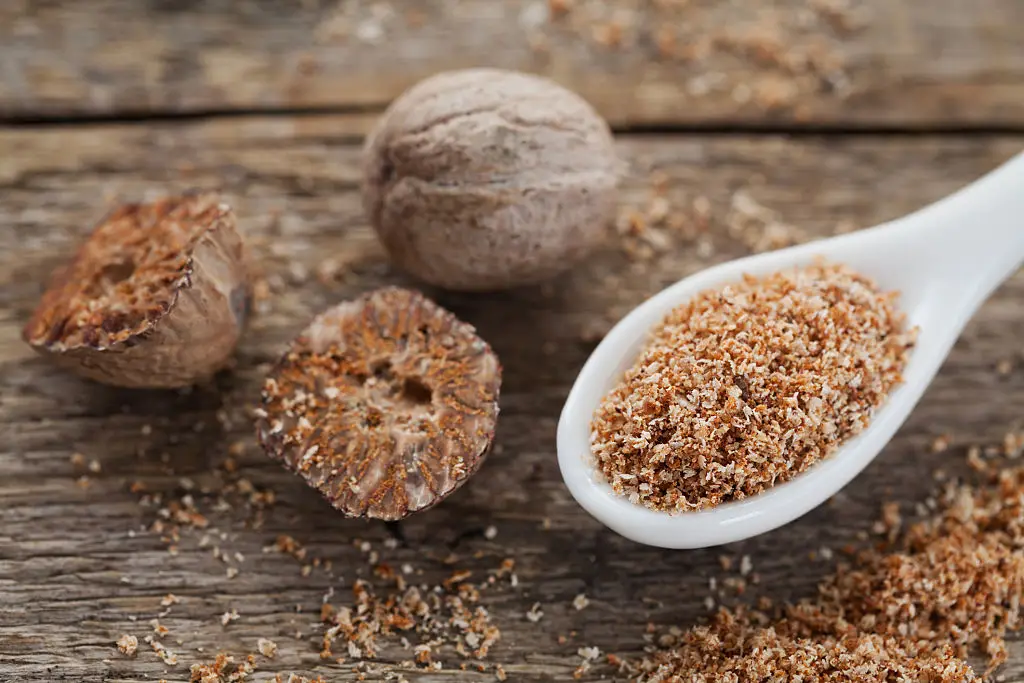
Nutmeg looks innocent enough, adding a gentle warmth to baked goods and seasonal drinks. But even small increases in dosage can flip this comforting spice from friend to foe. Medical research points out that nutmeg contains myristicin, a natural compound that, in large amounts, is psychoactive and potentially toxic. Hallucinations, rapid heartbeat, and even dangerous poisoning have been reported from excessive intake—usually through supplements, concentrated culinary challenges, or accidental overuse. A pinch in your pumpkin pie or a dusting over cocoa is plenty to reap nutmeg’s cozy benefits without worry. Be especially cautious with supplements, and always keep containers out of reach of children, who are most vulnerable if accidental ingestion occurs.
8. Cardamom: Delicious but Disruptive for Some
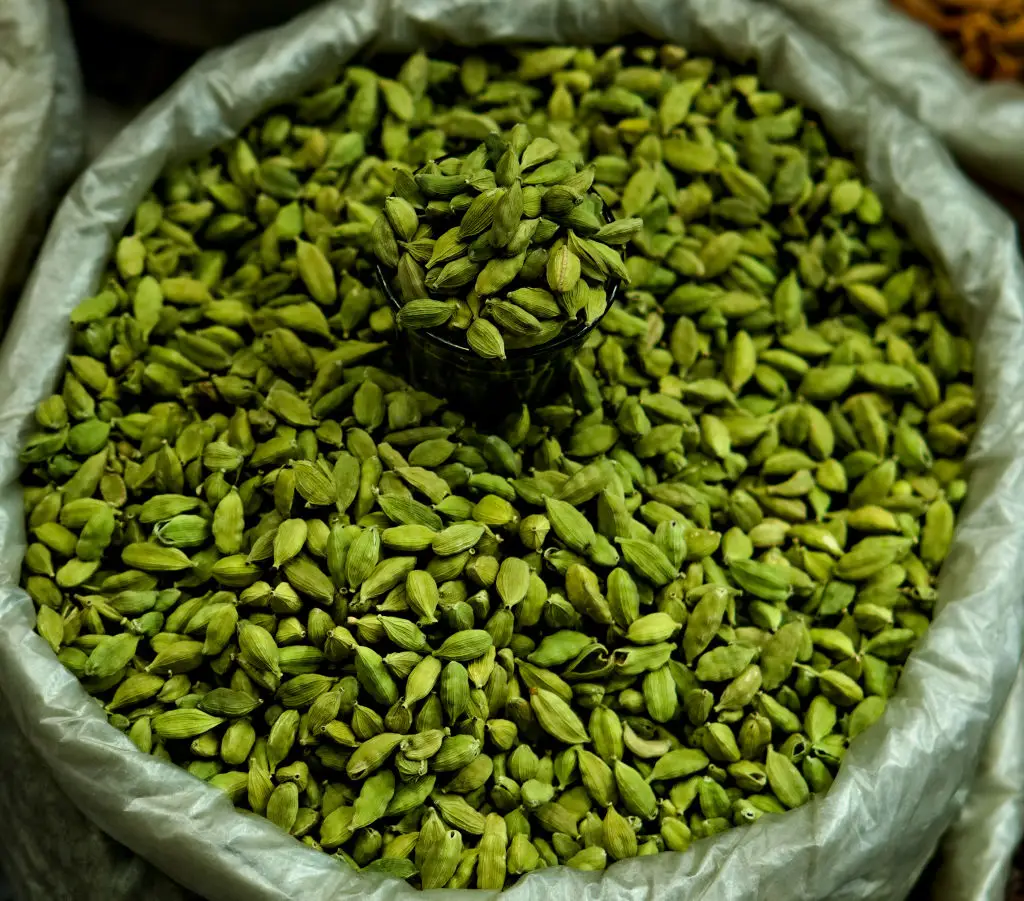
Cardamom brings a sweet, citrusy note to everything from lattes to curry blends and is often praised for digestive ease and breath-freshening effects. Yet, for a small but significant group of people, cardamom can produce allergic or sensitive reactions—ranging from mild digestive upset to more severe respiratory responses. Some individuals simply don’t tolerate cardamom’s essential oils well, even in small kitchen doses. While this doesn’t mean most should avoid it entirely, anyone experiencing odd symptoms after enjoying cardamom-forward recipes should take note. If cardamom disagrees with you, draw back or swap it for another spice your body enjoys. Wellness is always a personal dance, and honoring your own cues is wise.
9. Fennel: Hormones in the Mix
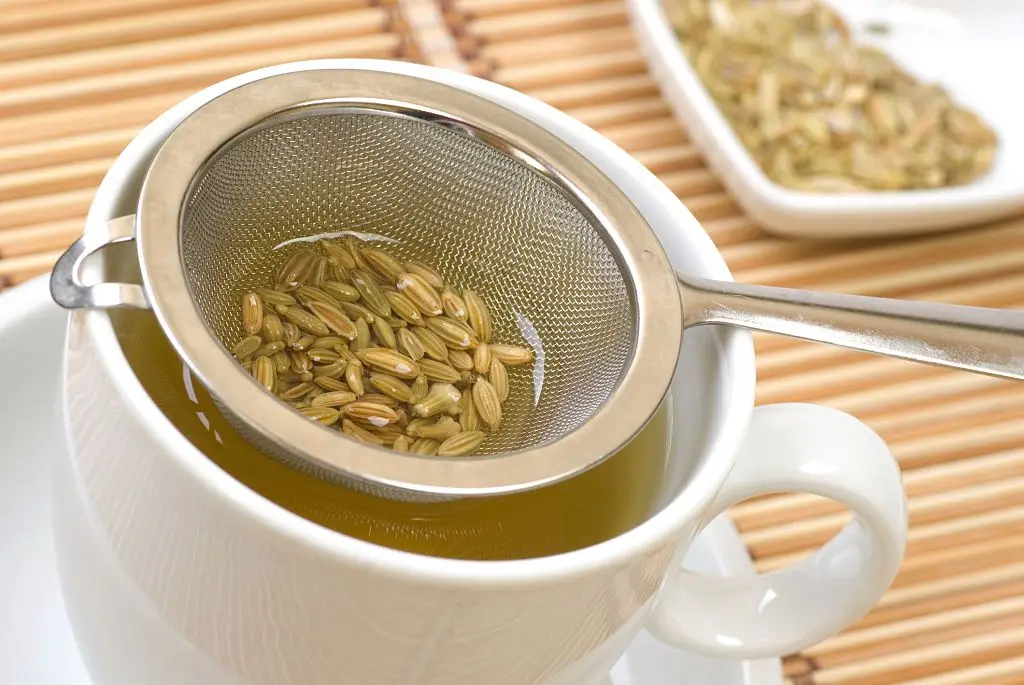
Fennel has long been a friend to digestion and a staple in Mediterranean cuisine, thanks to its subtle licorice flavor. However, the plant is also rich in phytoestrogens—plant compounds that mimic estrogen in the body. While this can be helpful for some, it may prove problematic for certain groups, especially those dealing with hormone-sensitive health conditions like breast cancer or endometriosis. Others, including pregnant people or those on hormone therapies, are also wise to be cautious with fennel supplements or teas consumed in excess. Most can enjoy modest amounts sprinkled on salads or baked into breads without trouble, but always check with your health provider if you’re in a group requiring hormone balance or are considering more than just a few seeds here and there.
10. Oregano (Especially the Oil): Potency Problems
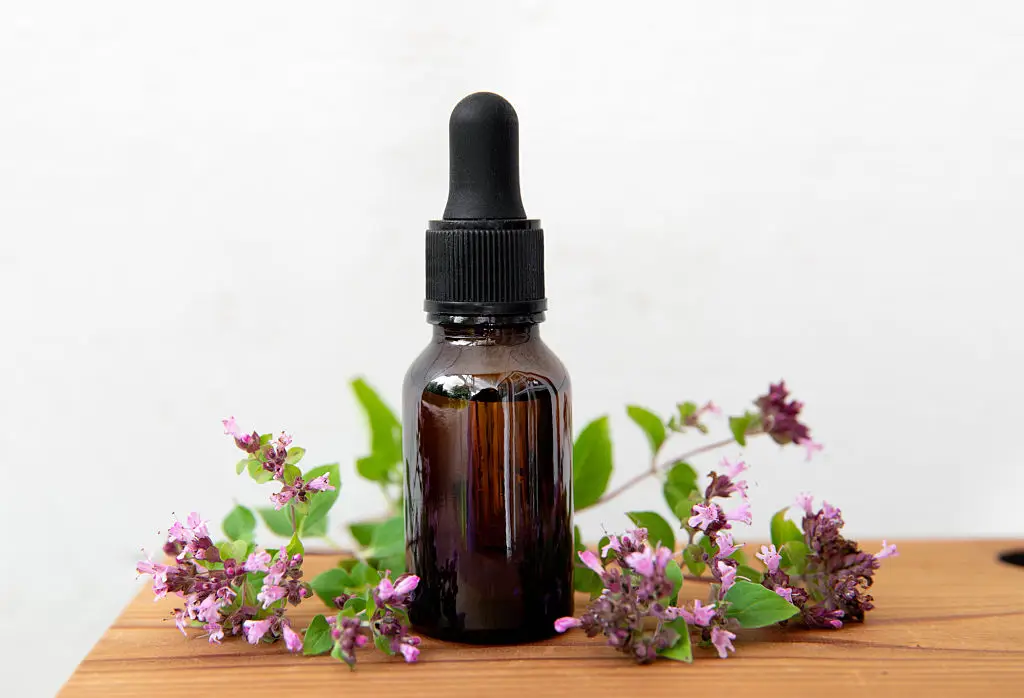
Oregano turns up the flavor in Italian sauces and Mediterranean dishes and is often touted for antimicrobial qualities. Yet, the more concentrated the form, the greater the risk of side effects like digestive upset, mouth irritation, or allergic responses. Oregano oil—sold as a supplement or remedy—can overwhelm sensitive systems and is not regulated for safety or dosage. A sprinkle of dried oregano in your food is generally safe for most, but self-dosing with drops or capsules of highly concentrated oil can lead to a range of symptoms, from upset stomachs to allergy flares. If you’re intrigued by oregano’s reported benefits, try the leaves in your cooking first, and only use more potent forms with professional support.
11. Mint: Soothing? Not for All Tummies
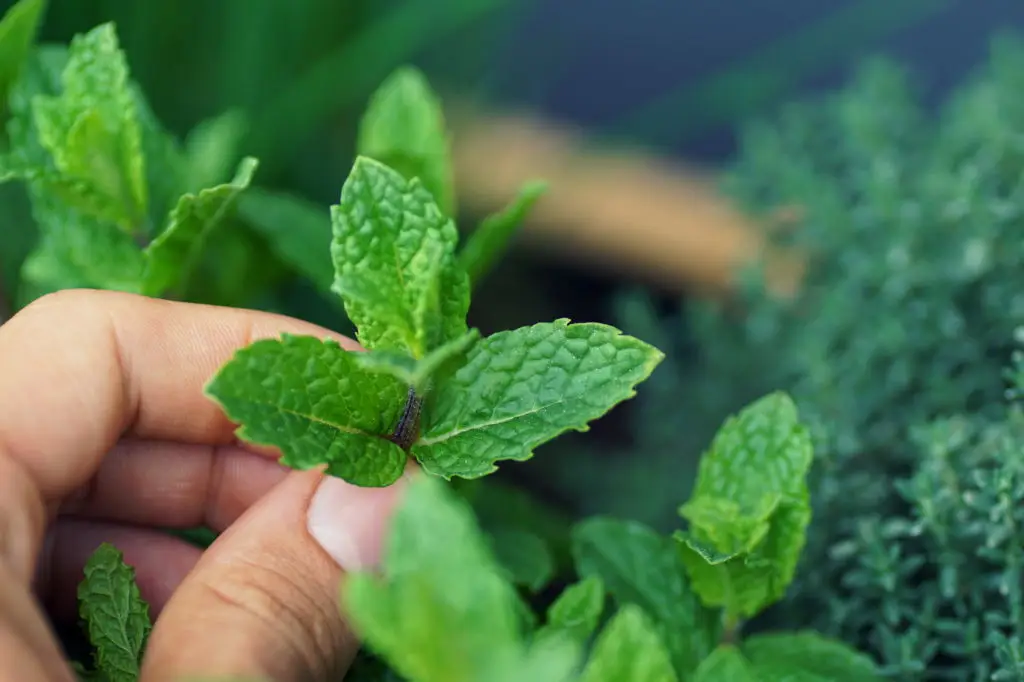
Mint is famous for its cooling, soothing effect in teas, salads, and desserts—often credited with calming the digestive system. But for some, particularly those who experience heartburn or gastrointestinal reflux, mint can actually worsen the symptoms it’s supposed to soothe. Compounds in mint may relax the muscle at the top of the stomach, making it easier for acid to move upward and causing discomfort. People with GERD, frequent heartburn, or certain gut conditions are often better off limiting mint-infused drinks or desserts. Enjoy mint sparingly and see how your body responds; there are plenty of other herbs and spices that can support digestive peace.
12. Coffee (Caffeine): Inflammation’s Wild Card

While not technically a spice, coffee is often included in anti-inflammatory conversations due to its widespread use and complex impact on inflammation. For many, moderate coffee consumption offers benefits, but for others, caffeine’s stimulating effects may worsen anxiety, upset stomach, or even trigger inflammatory flares. Research shows everyone metabolizes caffeine differently. If you find that coffee leaves you jittery, disrupts sleep, or stirs up inflammation, consider reducing your intake or swapping for a gentler option. Good self-care means respecting your own limits even when “moderation” is the norm for others. Listen to your body and don’t hesitate to chart your own path to balance.
13. Cocoa (Chocolate): Hidden Histamine Hit

Dark chocolate and pure cocoa often make “healthy treat” lists for their antioxidants and mood-boosting qualities. But here’s a catch: Cocoa can be a strong histamine trigger for people with sensitivities, setting off inflammatory responses like hives, headaches, or digestive upset. For most, an ounce of dark chocolate offers pleasure and health in harmony, but hidden sensitivities do exist. If you notice skin flare-ups, nasal congestion, or similar symptoms after indulging in cocoa-powered desserts, it may be time for a little self-experimentation. Consider limiting or eliminating cocoa to see how you feel. Wellness wins aren’t about never eating chocolate—they’re about understanding your body’s language so you can treat yourself kindly.
Your Unique Path to Anti-Inflammatory Power

Embracing an anti-inflammatory lifestyle can be a joyful, nourishing adventure—especially when you recognize that “healthy” isn’t one-size-fits-all. While spices hold undeniable promise for supporting healing, the real magic happens when you tune into your body’s wisdom and respect the limits that keep you thriving. Honoring your sensitivities, seeking out up-to-date science, and talking openly with your care team create a foundation for true, sustainable wellness. Remember: Your spice shelf is meant to uplift, not overwhelm. Reflect on how these common ingredients impact your energy, mood, and comfort. Adjusting your habits is a sign of self-respect, not failure. Whether you sprinkle, sip, or skip certain spices, you are always in charge of your own journey. The most powerful form of nourishment is one that makes you feel supported, energized, and uniquely you—at every stage of life.
